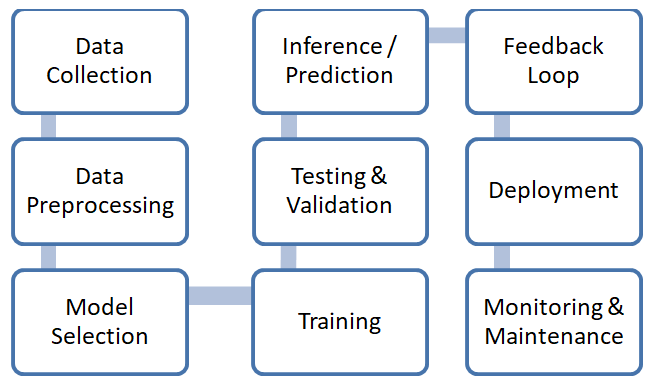Ethical Challenges of AI Integration in Architecture and Built Environment
DOI:
https://doi.org/10.52845/currentopinion.v5i2.363Abstract
Artificial intelligence is transforming the way cities operate by increasing efficiency and sustainability. Smart cities use artificial intelligence (AI) to optimize traffic flow, reduce energy usage, and improve public services. AI-powered systems process massive volumes of data in real time to improve urban planning and resource allocation. However, there are certain obstacles, such as data protection, ethical considerations, and the potential of employment displacement. This study investigates how AI contributes to smart cities and the limitations that must be overcome. Understanding these aspects enables urban planners to develop AI-powered solutions that promote sustainable and equitable city growth.
Downloads
Download data is not yet available.

Downloads
Published
2025-04-16
How to Cite
Golkarfard, A., Sadeghmalakabadi, S., Talebian, S., Basirat, S., & Golchin, N. (2025). Ethical Challenges of AI Integration in Architecture and Built Environment . Current Opinion, 5(2), 1136–1147. https://doi.org/10.52845/currentopinion.v5i2.363
Issue
Section
Articles
